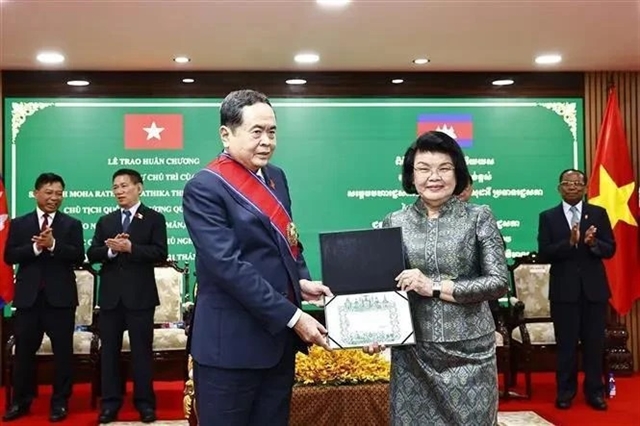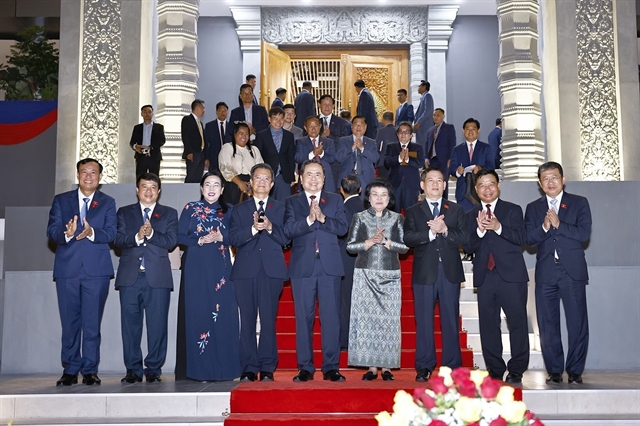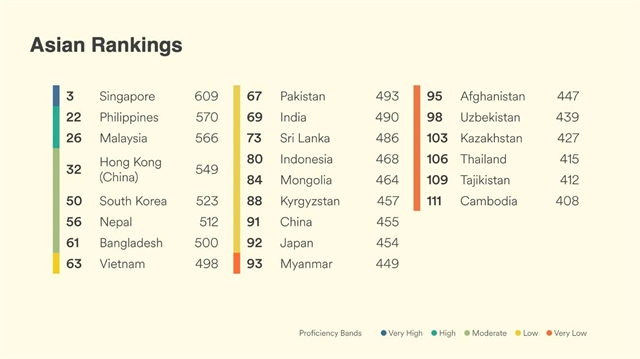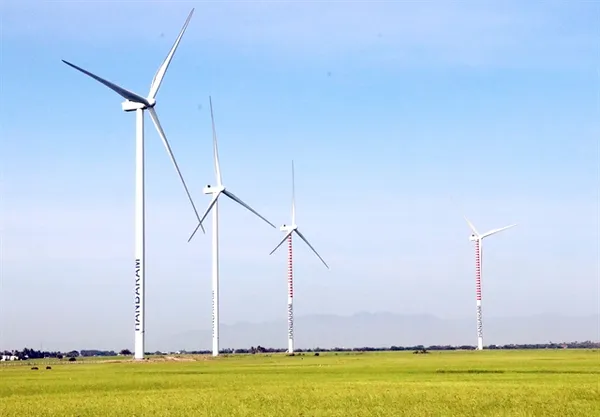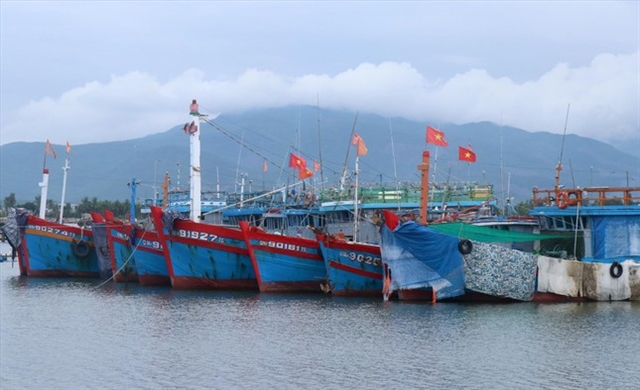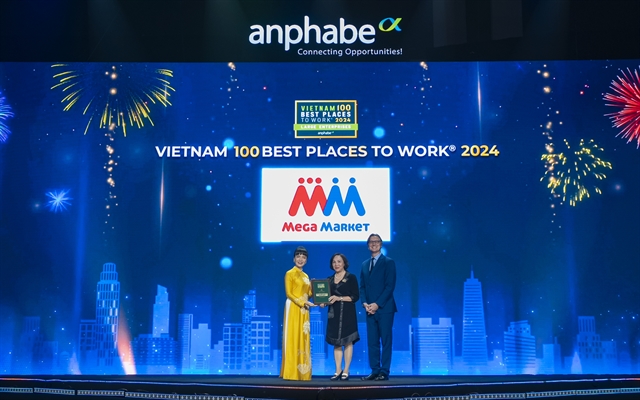 Economy
Economy
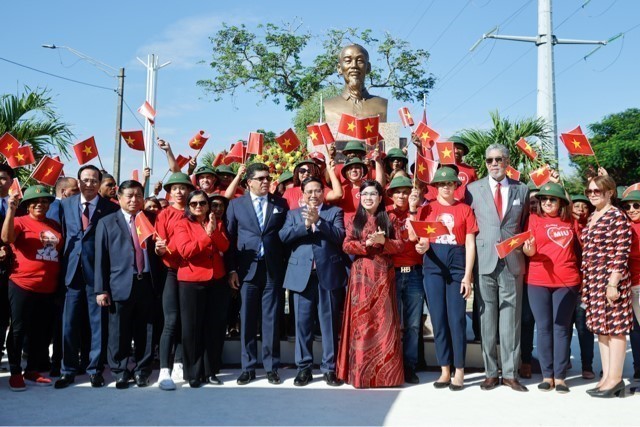
Developing creative business models that help generate profit and at the same time help improve the life of the community and well address social issues is the new way of doing business in Việt Nam, the Impact Enterprise Summit heard in HCM City last Saturday.
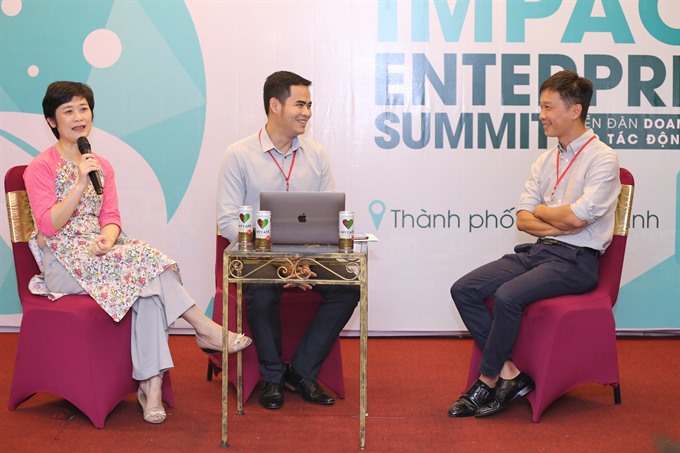 |
| A panel discussion at the Impact Enterprise Summit in HCM City last Saturday. — VNS Photo |
HCM CITY — Developing creative business models that help generate profit and at the same time help improve the life of the community and well address social issues is the new way of doing business in Việt Nam, the Impact Enterprise Summit heard in HCM City last Saturday.
Impact enterprises are defined as financially self-sustainable and scalable ventures that actively manage to produce significant net positive changes in well-being across underserved individuals, their communities, and the broader environment.
Hui Woon Tan, founder of Alley 51 Ventures and The Purpose Group, said social impact-driven businesses are not merely built for the selfish capitalist man.
“But the man who understands true sustainability and the value of a business must also take into account the real world where we are reliant and dependant on each other to survive.
“If your business truly solves human problems, someone will automatically pay for it. Because that is the nature of our economic system. Small problems create small businesses. Large problems create a larger economic scale.”
Lý Trường Chiến, chairman of Trí Tri Group, said about one fourth of the population of Việt Nam is in need of support, which can be in education, healthcare, employment or others.
If more impact enterprises with innovative and sustainable business initiatives are established the number of people needing support would reduce, he said.
Shuyin Tang, partner at Patamar Capital, said: “The current investor narrative around Vietnam often highlights a fast-growing GDP, a young, high-density population, high smartphone penetration, and a deepening talent pool.
“However, around 30 per cent of Vietnamese adults are unbanked, representing a huge financial inclusion opportunity. Significant segments of the population lack access to affordable, high-quality education and healthcare services. There’s a huge opportunity to tap into these underserved markets, which in our view will yield attractive financial as well as social returns.”
In Việt Nam, there are some successful social impact enterprises which provide life-changing opportunities for blind people, people with hearing impairments, street children, help solve social issues such as environmental and food safety concerns, distribute public services (bus and train online tickets), and follow other models to give back to the community.
At the summit, sustainable businesses that have made positive social impacts in many spheres such as education, agriculture, technology, and micro-finance shared with more than 300 young participants their stories, including the advantages and challenges they have had.
Replying to a question about how young entrepreneurs with limited experience and funding can create the impact they desire, Hui’s advice for young people was “to find the hard problem you want to solve first. Find something that is intimate to you if that’s possible. Immerse thoroughly into it with passion. Get down and dirty, talk to the real people you are impacting. Immerse in their stories. And then think out of the box, apply creativity.
“Your biggest asset is that you have naivety and won’t be bogged down by what others tell you won’t work. You will need all this as you develop your solutions that are truly impactful.
“After that, build your business like any other good old traditional revenue-generating business. Get your boring fundamentals like basic accounting, treating talent properly, organisation, operations and all that right.”
The summit was organised by Seed Planter, the first entrepreneurship institute for impact entrepreneurs in Việt Nam, and the Centre for Social Initiatives Promotion. — VNS

